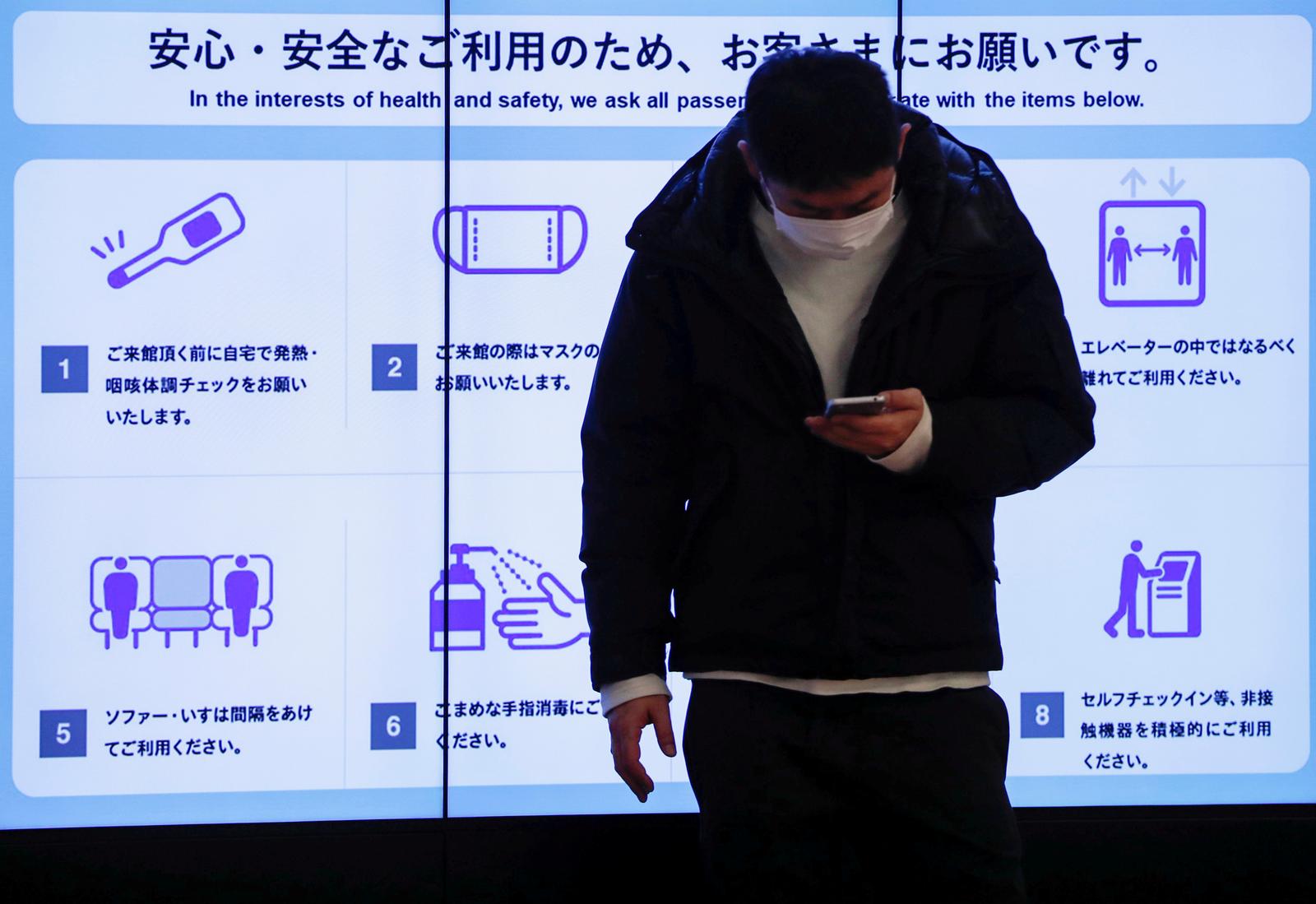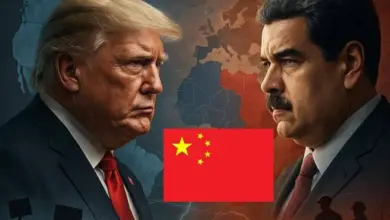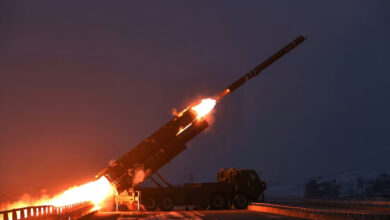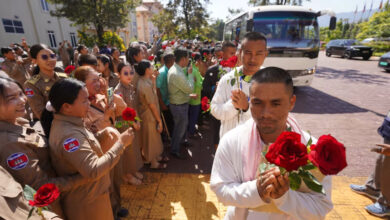
TOKYO (Reuters) -Japan will decide later this week whether to impose a state of emergency in the Tokyo area, a top official said on Tuesday, a move citizens derided as too little, too late in a nation set to host the Olympics.
Chief cabinet secretary Katsunobu Kato told a news conference the national government is working toward a decision on Thursday. Media reported on Monday preparations were being made for a state of emergency that would take effect by Friday and last about a month to curb a surge in coronavirus cases.
New cases in Tokyo surged to 1,278 on Tuesday, the second highest daily total since the pandemic began, the city said, with serious cases at a new high of 111.
Tokyo and the three surrounding prefectures, which have requested an emergency declaration, asked residents to refrain from non-essential, non-urgent outings after 8 p.m. from Friday until at least the end of the month, and said restaurants must close by that time.
But measures are likely to be far less sweeping than they were during last year’s roughly month-long state of emergency, during which schools and none-essential businesses shut down, as the government seeks to keep economic damage to a minimum.
Education Minister Koichi Hagiuda said the government wouldn’t seek to close all schools, leaving that decision to local authorities.
Senior ruling party lawmaker Hiroshige Seko said later on Tuesday the government should declare the state of emergency for a month and later extend it if needed.
Prime Minister Yoshihide Suga said on Monday that “limited, concentrated measures” would be most effective, but details remained unclear, including whether sports venues, theaters and cinemas would close.
A lack of legal teeth to enforce measures means they must be couched as “requests,” although a bill may be submitted later this year to rectify this.
FRUSTRATION REIGNS
Frustration reigned on social media, with many questioning the piecemeal measures, especially as the country is still planning to host the Olympics, postponed but set to open in under 200 days.
“Do you really think you can extinguish a fire by leaving it until it’s big and then just splashing it with water from a bucket?” wrote user Kei Koike.
Suga’s initial political honeymoon after taking his post last September has ended, his support rating battered by criticism of his response to the virus and his attending a group steak dinner in defiance of his own calls for caution.
He has also drawn criticism for his initial reluctance to pause a domestic travel subsidy programme.
“They asked us to stay home and promoted travel, they ask us to eat in small groups and promote restaurants. Their deeds are the exact opposite of their words,” wrote another Twitter user, Jinrui Minakyou.
Since the start of the pandemic, Japan has recorded more than 245,000 cases and about 3,600 deaths – far fewer than many other countries. But the numbers have been climbing rapidly.
Though Suga has pledged to have enough vaccine supply for the nation’s population of 126 million, Japan has yet to approve any for use and aims to begin inoculations by the end of February.
Pfizer Inc last month became the first drugmaker to apply for Japanese approval of its COVID-19 vaccine candidate. Japan has arranged to buy 120 million doses, or enough to inoculate 60 million people.
But when those shots will be available remains unclear, as Pfizer has encountered production and roll-out snags in other parts of the world where its vaccine has already been approved for use.
Reporting by Chang-ran Kim, Ritsuko Ando, Rocky Swift and Tetsushi Kajimoto; Writing by Elaine Lies; Editing by Gerry Doyle and Lincoln Feast.
Image: FILE PHOTO: A man wearing a protective face mask stands in front of an electric screen displaying initiatives to prevent infections at the arrival zone of the international flight terminal at Tokyo International Airport, commonly know as Haneda airport, amid the coronavirus disease (COVID-19) outbreak, in Tokyo, Japan December 28, 2020. REUTERS/Issei Kato/File Photo




